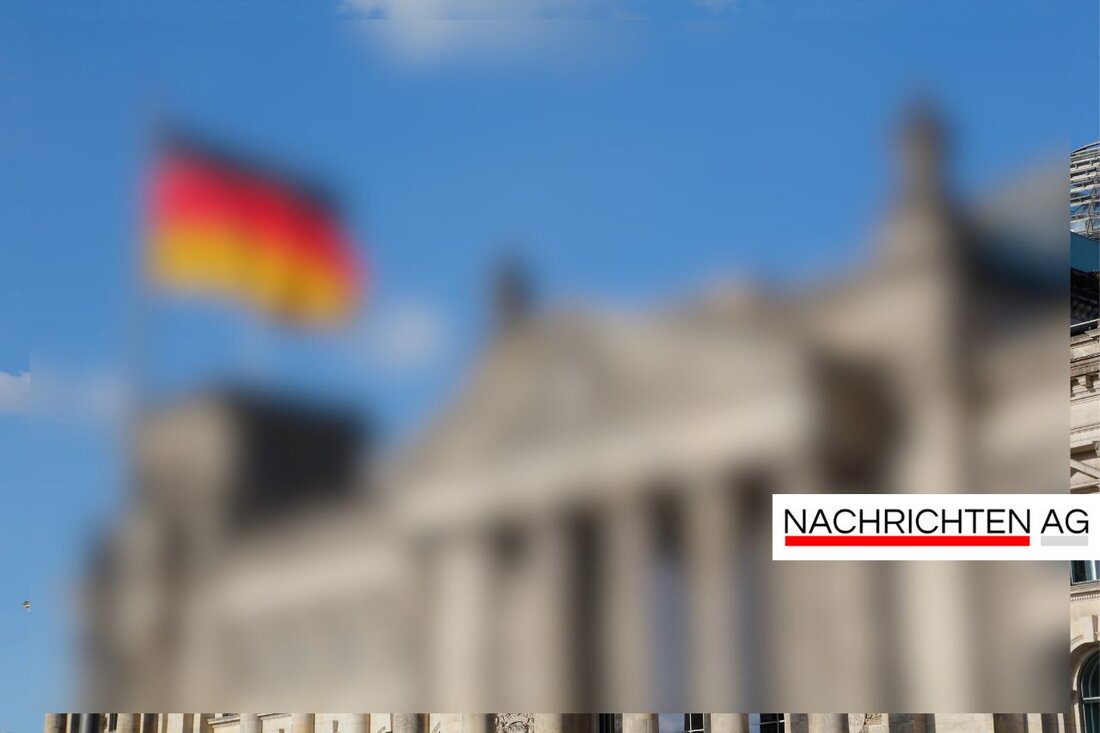Tenants' association calls for immediate measures against rising exorbitant rents!
Tenants' association calls for stronger rent controls in Berlin. Bundestag plans to extend the rent cap until 2029.

Tenants' association calls for immediate measures against rising exorbitant rents!
The dispute over rents in Berlin and the entire Federal Republic remains tense. The German Tenants' Association (DMB) has critically examined the proposal from Reiner Braun, managing director of the analysis institute Empirica Regio. Braun is calling for the rent cap and the cap to be gradually abolished, especially for existing rents, in order to create incentives for tenants to move out of large apartments. These views are vehemently rejected by the DMB. DMB spokeswoman Jutta Hartmann describes Braun's approach as wrong and warns of a reward for landlords who continue to increase rents. However, Hartmann recognizes that Braun's criticism of the inequality in rental prices between new and existing tenants is justified and instead calls for stricter controls on permissible rents and consistent punishment of exorbitant rents. A recent case in Berlin shows the urgency: A landlady was fined over 26,000 euros because she demanded an illegal exorbitant rent. The Daily Mirror reports on this incident and highlights the problem of rental prices in Berlin.
The rent brake, which was implemented as a legal instrument to curb rent increases, aims to slow the increase in many rents in Germany. In areas with a tight housing market, rents can only be a maximum of 10% higher than the typical local rent. However, this regulation must be reviewed by the end of 2025. In Berlin in particular, the rent brake is threatening to expire in May 2025, which could have a significant impact on rental prices. In a current initiative, the FDP-led Federal Ministry of Justice has already presented a bill to extend the rent cap until 2029 the DGB reported.
Political framework conditions
The political discussion surrounding rent controls is anchored in the coalition agreement between the SPD, the Greens and the FDP. The need to extend the legal basis until 2029 is emphasized here. While the federal government is actively working on the creation of the law, it remains to be seen whether this decision can be enforced in the context of a potential exclusion of the traffic light coalition. The DMB has a clear position: without a quick extension of the rent cap, there is a risk of massive increases in re-letting rents. The differences between rents with and without rent controls are already significant, especially in large cities and metropolitan areas. The tenants' association estimates a difference of up to 46% in cities like Frankfurt.
Adequate measures to create living space are also part of the political strategy. Chancellor Merz has emphasized affordable housing as one of the most important social issues of our time. In parallel to the extension of the rent cap, the federal government is also planning comprehensive structural reforms to create additional living space. The rent cap, which does not apply to apartments used and rented for the first time after October 1, 2014, should be designed in such a way that the owners are not disproportionately burdened. This should also create incentives to build new apartments.
Overall, the tension between the need for affordable housing and the interests of landlords remains complex. The coming months will show how political actors will react to the pressing questions of the housing market and whether it will be possible to find a balance between the various interests. The federal government is optimistic that the necessary steps will be taken to stabilize the situation.

 Suche
Suche
 Mein Konto
Mein Konto
